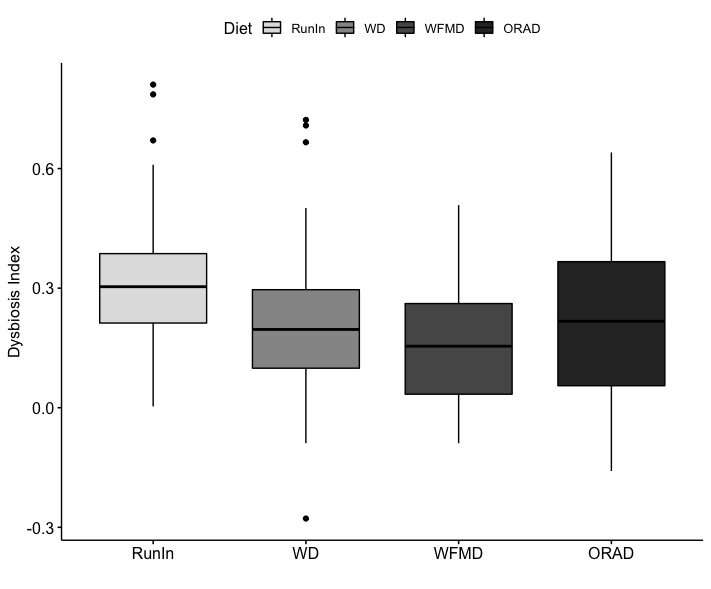This article has been reviewed according to Science X's editorial process and policies. Editors have highlighted the following attributes while ensuring the content's credibility:
fact-checked
trusted source
proofread
The heart benefits of walnuts likely come from the gut

A new study examining the gene expression of gut microbes suggests that the heart-healthy benefits of walnuts may be linked to beneficial changes in the mix of microbes found in our gut. The findings could help identify other foods or supplements with similar nutritional benefits.
Researchers led by Kristina S. Petersen from Texas Tech University in Lubbock found that introducing walnuts into a person's diet may alter the gut's mix of microbes—known as the microbiome—in a way that increases the body's production of the amino acid L-homoarginine. Homoarginine deficiency has been linked to higher risk for cardiovascular disease.
"Research has shown that walnuts may have heart-healthy benefits like lowering cholesterol levels and blood pressure," said Mansi Chandra, an undergraduate researcher at Juniata College in Huntingdon, Pennsylvania. "This motivated us to look at how walnuts benefited the gut microbiome and whether those effects led to the potential beneficial effects. Our findings represent a new mechanism through which walnuts may lower cardiovascular disease risk."
The researchers used an approach known as metatranscriptomics to study the gene expression of gut microbes. This recently developed technology can be used to quantify gene expression levels and monitor how these levels shift in response to various conditions such as dietary changes.
"To our knowledge, this is the first study to use metatranscriptomics analysis for studying the impact of walnut consumption on the gut microbiota gene expression," Chandra said. "These exploratory analyses contribute to our understanding of walnut-related modulation of gut microbiome, which could be very impactful in learning how gut health impacts our heart health in general."
The metatranscriptomics analysis used samples acquired from a previously performed controlled-feeding study in which 35 participants with high cardiovascular risk were put on a two-week standard Western diet and then randomly assigned to one of three study diets. The study participants followed each diet for six weeks with a break between each.
The diets included one that incorporated whole walnuts, one that included the same amount of omega-3 fatty acid alpha-linolenic acid, or ALA, and polyunsaturated fatty acids as the walnut diet but without walnuts, and one that partially substituted another fatty acid known as oleic acid for the same amount of ALA found in walnuts but without consumption of any walnuts. The diets were designed to provide information about how walnuts affected cardiovascular health due to their bioactive compounds and ALA content and whether walnut ALA is the best substitute for dietary saturated fat compared to oleic acid.
For the new work, researchers used metatranscriptomics to analyze gene expression and the bacteria in the gastrointestinal tract from fecal samples collected shortly before the participants finished the run-in diet and each of the three study diets.
The analysis revealed higher levels of Gordonibacter bacteria in the gut of participants on the walnut diet. This bacterium converts the plant polyphenols ellagitannins and ellagic acid into metabolites that allow them to be absorbed by the body. Participants consuming the walnut diet also showed higher levels of expression for several genes that are involved in important metabolic and biosynthetic pathways, including ones that increase the body's production of the amino acid L-homoarginine.
Although more work is needed to confirm these observations, the research could eventually help inform dietary interventions based on walnuts. "Since a lot of people are allergic to nuts, these findings also suggest that other food supplements that boost the endogenous production of homoarginine may also be helpful," Chandra said.
Next, the researchers would like to apply metabolomic and proteomic analyses to identify the final products of the genes that showed higher levels of expression. This would allow them to better understand the biological mechanisms at work.
Chandra will present the new findings at Discover BMB, the annual meeting of the American Society for Biochemistry and Molecular Biology, March 25–28 in Seattle.

















